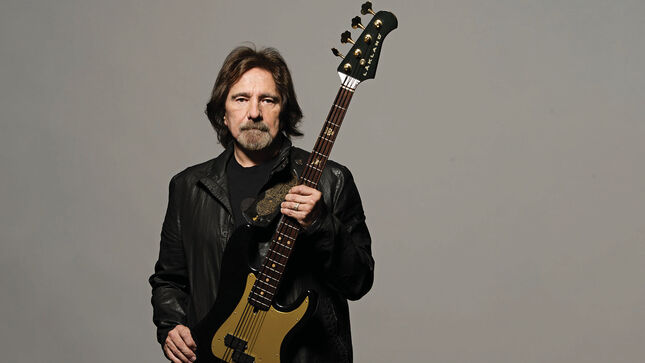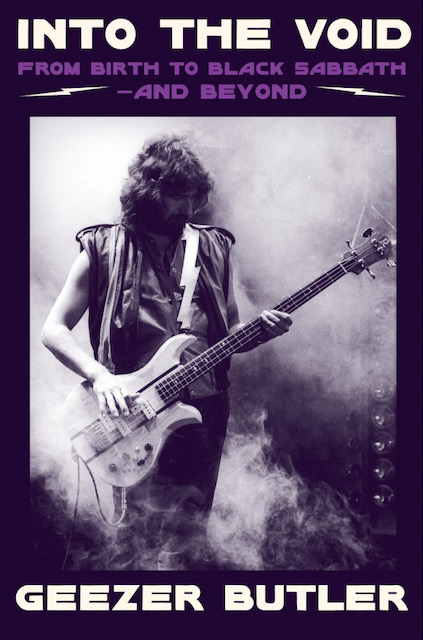
Black Sabbath bassist Geezer Butler's new autobiography, Into The Void: From Birth To Black Sabbath - And Beyond was released on June 6 in North America via HarperCollins imprint, Dey Street Books. In a new Rolling Stone feature published on release day, Butler opened up about opting to retire from the music business.
Folllowing is an excerpt from the story:
Geezer Butler has retired. After more than half a century of defining and redefining "heavy" with his bands Black Sabbath, Heaven and Hell, and Deadland Ritual, as well as his own solo projects, the bassist, lyricist, and songwriter now lives a much quieter existence. "I don’t want to do anything anymore," he jokes with Rolling Stone while discussing his just-released memoir, Into the Void: From Birth to Black Sabbath and Beyond.
Butler came to his decision before the pandemic while on the road with the supergroup Deadland Ritual. "I didn’t realize how hard starting from scratch is, especially when you’re used to your own plane and staying at the Four Seasons and the Ritz Carlton … and then you’re back in little clubs and getting on a bus together," he says. "It just didn’t suit me." Other than working on one-off projects — he recently sent a song to former Guns N’ Roses drummer Matt Sorum — and special gigs like the Taylor Hawkins tribute, his touring days are over. He’s also ruling out any new activity with Black Sabbath. "I don’t think Ozzy’s up for it anyway," he says.
Read the complete report here.

Book description: A rollicking, effusive, and candid memoir by the heavy metal musician and founding member of Black Sabbath, covering his years as the band’s bassist and main lyricist through his later-career projects, and detailing how one of rock’s most influential bands formed and prevailed.
With over 70 million records sold, Black Sabbath, dubbed by Rolling Stone “the Beatles of heavy metal,” helped create the genre itself, with their distinctive heavy riffs, tuned down guitars, and apocalyptic lyrics. Bassist and primary lyricist Geezer Butler played a gigantic part in the band’s renown, from suggesting the band name to using his fascination with horror, religion, and the occult to compose the lyrics and build the foundation of heavy metal as we know it.
In Into the Void, Butler tells his side of the story, from the band’s beginnings as a scrappy blues quartet in Birmingham through the struggles leading to the many well-documented lineup changes while touring around London’s gritty clubs (Eric Clapton, Jimi Hendrix, Frank Zappa, and The Who makes notable appearances!), and the band’s important later years. He writes honestly of his childhood in a working-class family of seven in Luftwaffe-battered Birmingham, his almost-life as an accountant, and how his disillusionment with organized religion and class systems would spawn the lyrics and artistic themes that would resonate so powerfully with fans around the world.
Into the Void reveals the softer side of the heavy metal legend and the formation of one of rock’s most exciting bands, while holding nothing back. Like Geezer’s bass lines, it is both original, dramatic, and forever surprising.